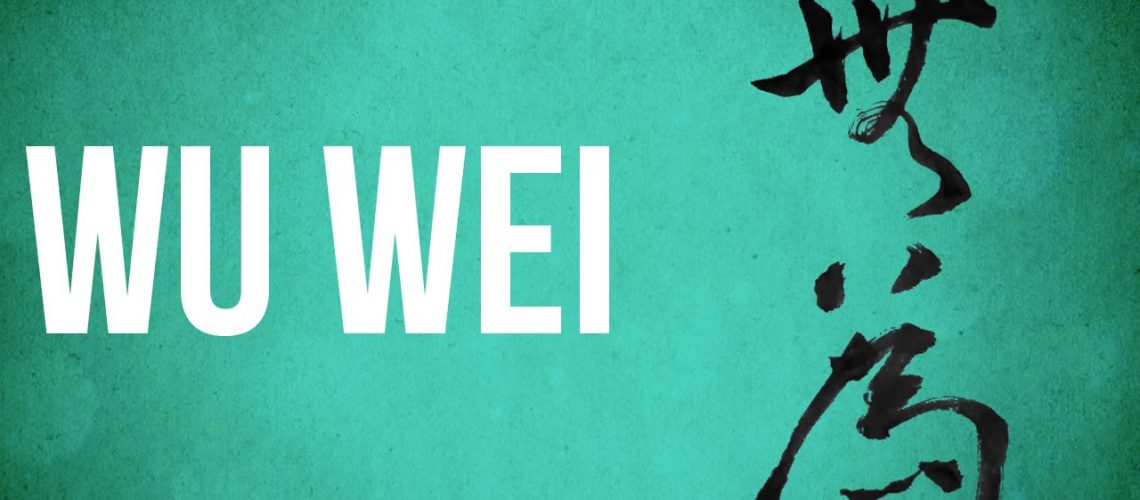Wu Wei is a key concept within Daoism – and refers to a serene acceptance of events. It’s a wisdom we’re very uninclined to remember in our own times.
Taoism ‘Wu Wei’
Key Takeaways
Wu Wei non-doing, doing nothing.
It sounds like this is a concept to relax and fall into laziness or apathy, yet this concept is key to the noblest kind of action.
Dao ‘the way.’
“The way never acts, yet nothing is left undone.”
This is the paradox of We Wei. It doesn’t mean ‘not acting,’ it means ‘effortless action,’ or ‘action less action’. It means being at peace, while being engaged in the most frenetic tasks, so that one can carry these our with maximum skill and efficiency.
Something in the meaning of Wu Wei is captured when we talk of ‘being in the zone,’ at one with what we are doing, in a state of concentration and flow.
Wu Wei is closely connected to the Daoist reverence for the natural world, fort means striving to make our behavior as spontaneous and inevitable as certain natural processes and to ensure that we are swimming with, rather than against currents. We are to be like the bamboo that bends with the wind, or the plant that adjusts itself to the shape of a tree.
Wu Wei involves letting go of ideals that we may otherwise try to force too violently onto things. It invites instead to respond to the true demands of situations, which tend only to be noticed when we put our own ego-driven plans to one side. What can follow is a loss of self-consciousness, a new unity between the self, and its environment. But none of this means we won’t be able to change or affect things if we strive for Wu Wei.
The Tao Te Ching points out that we should be like water, which is submissive and weak, and yet which can’t be surpassed for attacking what is hard and strong. Through gentle persistence and a compliance with the specific shape of a problem, an obstacle can be worked around and gradually eroded.
The idea of achieving the greatest effects by wise, strategic passivity has been central to Chinese notions of politics, diplomacy, and business. We are repeatedly told that rather than impose a plan or model on a situation, we should let others act frantically, and then likely adjust ourselves as we see the direction that matters have evolved in.
The Wu Wei was at times compared to the best aspects of being drunk, it wasn’t alcoholism the were promoting, but the decline in rigidity and anxiety that sometimes comes with being a little drunk, and which can help us accomplish certain tasks.
Gui ‘spirit of things’ like mountains, trees, birds, and rivers.
A good life cannot be attained through Wu Wei alone, but this Taoist concept captures a wisdom we may at times we may be in desperate need of; when we are in danger of damaging ourselves, through overly stern and unyielding adherence to ideas which simply don’t fit the demands of the world.

